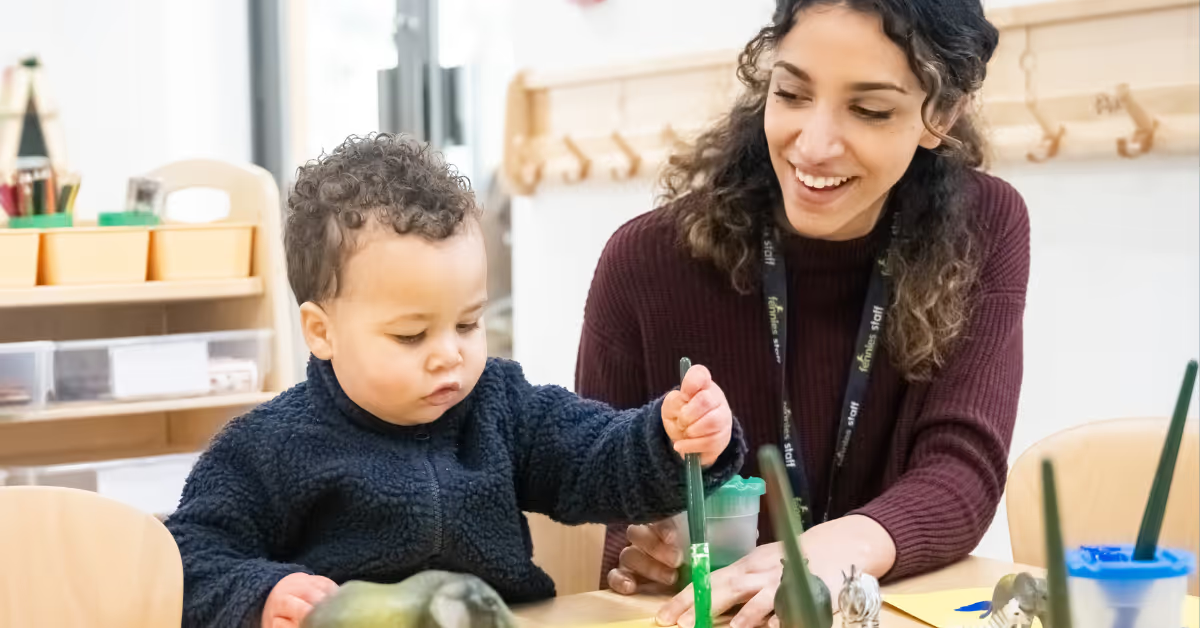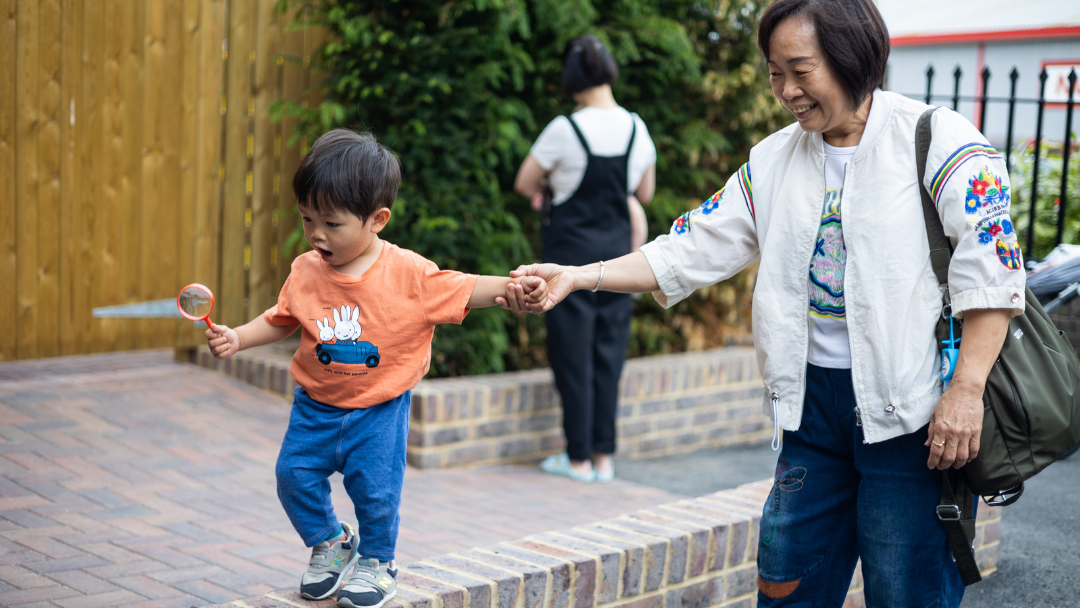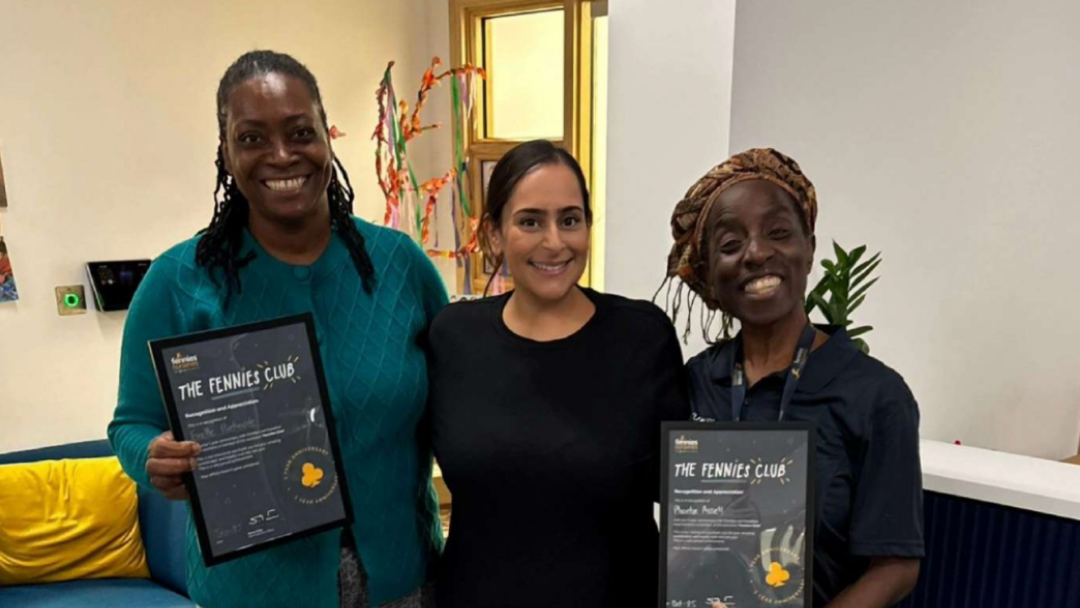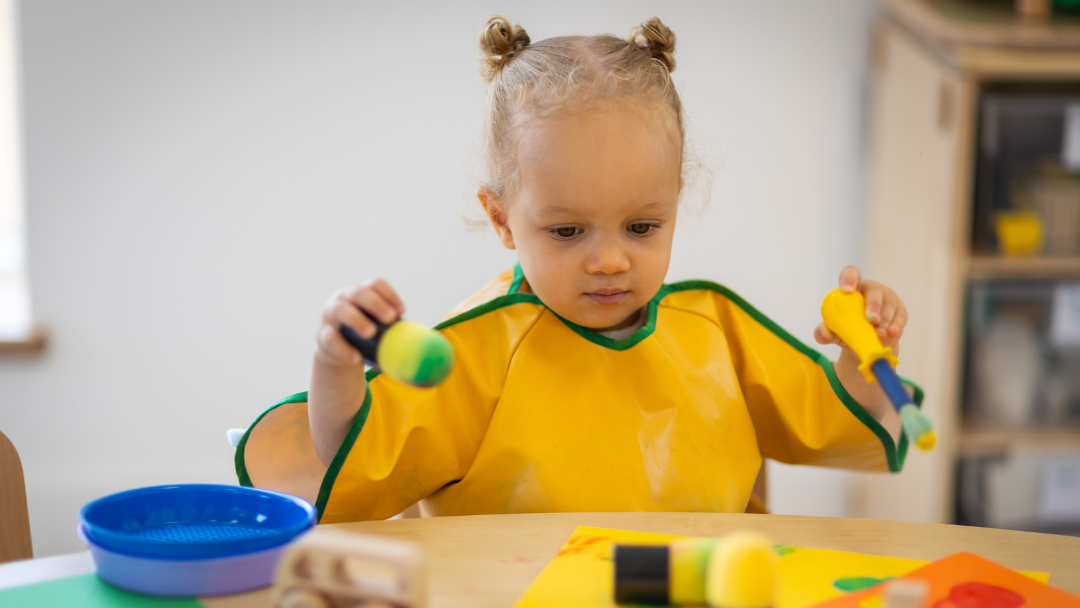Our Director of Early Years explains why combining Montessori and play-based learning may be the best approach.
Education for all ages is a dynamic process that continually evolves to meet the changing needs and expectations of society. One of the most important aspects of effective teaching is the incorporation of a variety of pedagogical approaches. This diversity specifically caters to the different learning styles of children. Here I will explore why at Fennies, we believe it is beneficial to pull upon a variety of pedagogical approaches when teaching children, with a special focus on the advantages of combining aspects of the Montessori approach with play-based learning.
Children are unique individuals with their own learning preferences and abilities. Some may do well in traditional classroom settings, while others may thrive in more hands-on or interactive environments. By incorporating a variety of pedagogical approaches, our educators can create a learning experience that accommodates the diverse needs of their key children.
The Montessori Approach
The Montessori approach is an educational philosophy developed by Dr. Maria Montessori in the early 20th century. It emphasises self-directed learning and encourages children to explore their interests at their own pace. This approach fosters independence, critical thinking, and a love for learning.
One of the fundamental principles of the Montessori approach is the very specific prepared environment. In a Montessori classroom, you'll find carefully designed spaces with age-appropriate materials that are easily accessible to children. These set materials are chosen to teach children a specific concept and are meant to be inviting, engaging and interactive.
For example, the Montessori maths curriculum includes materials like the "Red Rods," which help children understand the concepts of length and dimension.
Another essential aspect of Montessori education is the role of the ‘teacher’. Montessori teachers, often referred to as guides, observe each child's interests, strengths, and challenges. Based on these observations, they provide individualised lessons and guidance, allowing children to progress at their own pace.
Play-based Approach
Play-based learning is a pedagogical approach that recognises the importance of play in a child's development. Through play, children naturally explore the world around them, develop problem-solving skills, and enhance their social and emotional intelligence. Play-based learning is particularly effective for young children, as it makes learning enjoyable and meaningful. There is a recognition that a variety of learning objectives can be met through the use of many resources and interactions, rather than set materials.
In a play-based learning environment, key people understand what children are energised by and how they like to learn. Through observations they will determine what each child can do and how they can build upon that to scaffold learning. Using this information, our educators will then set out the environments to include children’s interests and interact (play!) with them to meet their learning objective, with a focus on promoting exploration and creativity. Staff are trained to adapt the activities on offer to move with the child’s interests, whilst still encouraging their learning objective.

There are of course, benefits of both approaches. When certain Montessori principles are integrated with play-based learning, a powerful educational experience emerges. Here are some key benefits of this combination:
Self-Directed Exploration
Both Montessori and play-based learning encourage self-directed exploration. Children are given the freedom to choose their activities and learn at their own pace, fostering independence and a sense of responsibility.
Creativity and Imagination
Play-based learning nurtures creativity and imagination, allowing children to express themselves freely. When combined with Montessori theory of educators acting as guides, this creativity can be channelled into various educational pursuits.
Social Skills
Play-based learning promotes social interaction and cooperation, while Montessori emphasises the importance of independence, mutual respect and community in the classroom. At Fennies, our educators are trained to ensure the opportunities on offer support children to develop these skills.
Love for Learning
The combination of Montessori and play-based learning creates an environment where children are excited to learn. This enthusiasm for learning carries forward into their later years, setting a solid foundation for lifelong education.

Practical Examples of Integrating Both Approaches
Let's delve deeper into practical examples of how the Montessori approach and play-based learning are integrated at Fennies for an effective education:
Language Development
In a Montessori classroom, children are exposed to language materials like the movable alphabet, which helps them learn to read and write. By incorporating play-based activities such as storytelling, puppetry, and group discussions, our educators enhance language development by making it more engaging and interactive.
Science Exploration
The learning objectives of Montessori materials such as the "Parts of the Flower" puzzle or the "Geometric Solids" can be substituted with play-based experiments and outdoor nature exploration. This hands-on approach to science that Fennies employs fosters curiosity and a deeper understanding of the natural world.
Social and Emotional Learning
Montessori classrooms prioritise social and emotional development through activities like the "Peace Table," where conflicts are peacefully resolved. Similarly, at Fennies, children have access to “emotion areas” in the nursery. In addition, daily play-based activities like cooperative games and drama further strengthen social and emotional skills by encouraging teamwork and empathy.
Could Integrating Both be the Way Forward?
Incorporating a variety of pedagogical approaches when teaching children is undeniably beneficial. It caters to diverse learning styles, promotes holistic development, and fosters a lifelong love for learning. When we blend principles of the Montessori approach with the joys of play-based learning, we create an educational experience that empowers children to become independent, creative, and enthusiastic learners. As educators and parents, it is our responsibility to embrace this pedagogical diversity and provide children with the best possible foundation for success in life. By combining aspects of the Montessori approach with play-based learning, we create a rich and engaging learning environment that nurtures the minds and hearts of our children.
FAQ
Subscribe to our newsletter
Stay up to date with Fennies news







.png)


